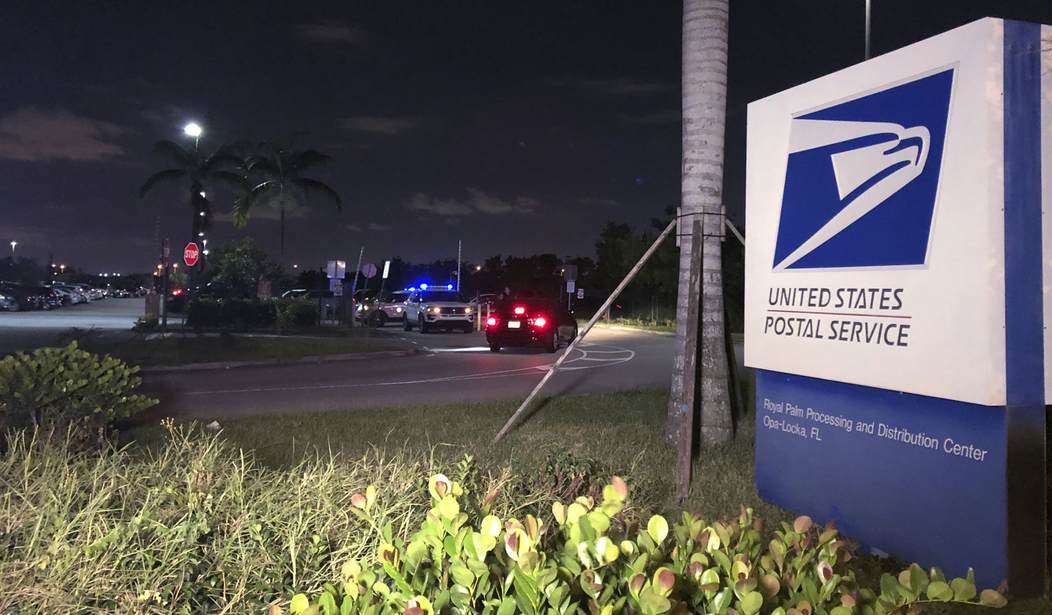Congress is considering H.R. 3076, otherwise known as the Postal Service Reform Act of 2021.
There’s little question that the U.S. Postal Service needs reform. Leaving aside the question of whether it or any government agency should be allowed to be unionized, especially when USPS is more and more responsible for handling our elections via vote by mail, there is the certainty of the postal service’s fiscal losses.
USPS is a huge money loser. It has lost money every year since about 2009.
The fact is, it could lose even more money than it does. The USPS handles two types of mail — one is flat mail, usually bills, junk mail, ads, direct mail from politicians, and the like. USPS loses money on that mail.
USPS also handles packages, and it makes money on those. Essentially, handling packages subsidizes USPS when it delivers flat mail, according to Yahoo! News.
The Postal Service has lost money every year since 2009, but a recent bright spot on its balance sheet is package delivery. It made about $11 billion in delivering packages in 2020, as Amazon and other delivery-dependent businesses boomed amid COVID-19.
The Postal Service Reform Act has this odd little feature in Section 202:
SEC. 202. INTEGRATED DELIVERY NETWORK.Section 101(b) of title 39, United States Code, is amended by inserting before “The Postal Service” the following: “The Postal Service shall maintain an integrated network for the delivery of market-dominant and competitive products (as defined in chapter 36 of this title). Delivery shall occur, to the maximum extent practicable, at least six days a week, except during weeks that include a Federal holiday.”
What does that mean? USPS uses the same infrastructure to deliver both flat mail and packages. The same scanning and data network, the same trucks, the same personnel, and so forth. That’s the “integrated network” USPS uses. The Postal Service bill would make the integrated network a permanent feature of USPS. USPS itself is reportedly fine with keeping Section 202 in place, and it enjoys broad bipartisan support.
Recommended: Here’s What Defunding the Police Looks Like in One City
But according to Yahoo! News, UPS — the for-profit United Parcel Service — wants Section 202 taken out of the bill. UPS doesn’t deliver flat mail. It only handles packages, and it makes a huge amount of money doing that. In 2020, UPS says it banked about $84 billion total revenue in 2020.
Profit is good and UPS is profitable. I have no beef with UPS, other than that one time they misdelivered a computer I ordered. That was a mess, but it was eventually sorted out.
Why does UPS want Section 202 taken out of the bill?
In comments filed with the Postal Regulatory Commission, UPS argued that it “strongly agrees that the Postal Service should have a clearly-stated, distinct mission. However, this mission should be the delivery of hard-copy information — not packages.”
That looks an awful lot like using legislation to eliminate competition. That would be classic rent-seeking, the practice of using laws and regulations to influence market forces enough to damage or even destroy sector rivals.
One could argue that it’s time to privatize the entire USPS. That’s not the argument UPS is making, though. It’s saying that either USPS should get out of the package delivery business (in which it’s a less profitable competitor to UPS), or that it should have to lose its integrated network and duplicate its infrastructure so that it handles flat mail and packages separately.
Using legislation to rent-seek against a government entity would take rent-seeking to a whole new level.









Join the conversation as a VIP Member